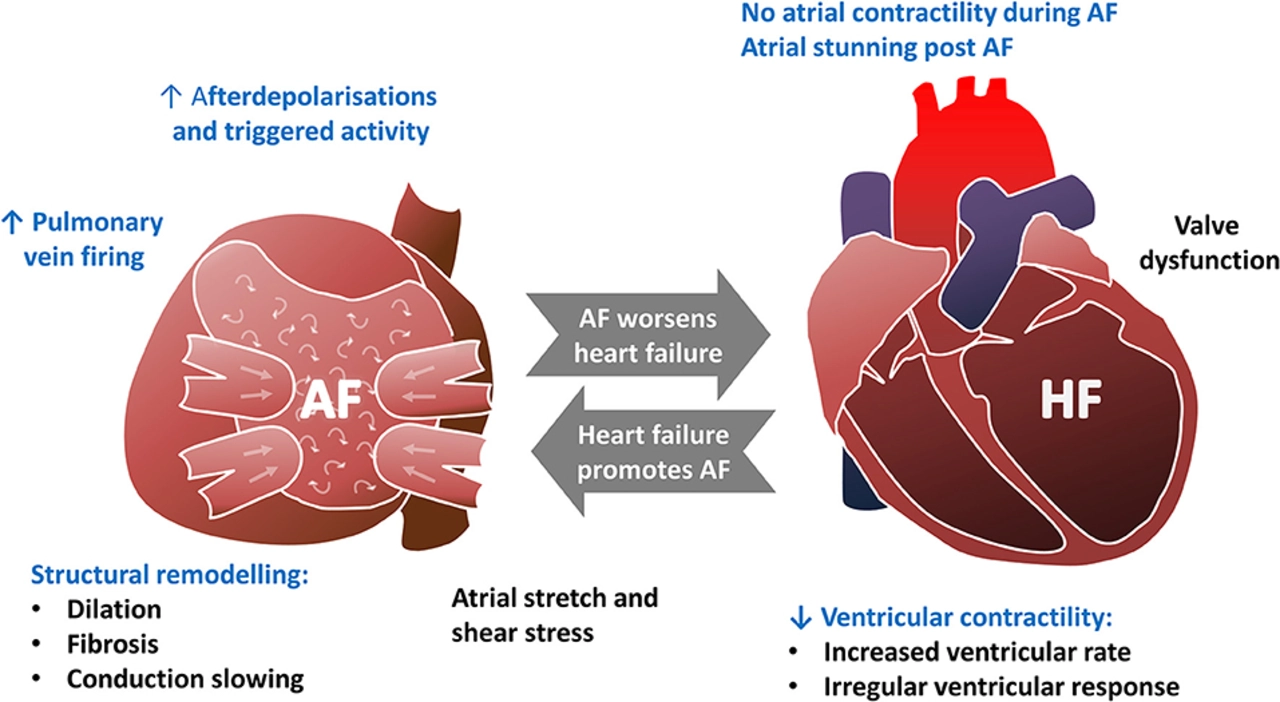Irregular Heartbeat: What It Means and How to Manage It
If your heart feels like it’s skipping beats or racing for no reason, you’re probably experiencing an irregular heartbeat. This isn’t always a panic‑trigger, but it does deserve attention because the rhythm of your heart affects everything from energy levels to long‑term health.
Common Triggers and Symptoms
Most people notice an irregular rhythm as palpitations – that fluttery or pounding feeling in the chest. Other signs include dizziness, shortness of breath, or a sudden drop in blood pressure. Common triggers are caffeine, stress, alcohol, certain medications, and underlying conditions like high blood pressure or thyroid problems.
Not all arrhythmias are serious. A few extra beats here and there (called premature ventricular contractions) can be harmless. However, persistent rapid rates, very slow beats, or irregular patterns that last more than a few seconds should prompt a doctor’s visit.
Practical Steps to Keep Your Rhythm in Check
First, track what you feel and when it happens. A simple notebook or phone note can reveal patterns – maybe a coffee after lunch is the culprit or lack of sleep spikes episodes.
Next, adopt heart‑friendly habits: cut back on caffeine and alcohol, stay hydrated, and aim for regular exercise like brisk walking or cycling. Even 20 minutes a day helps stabilize the autonomic nervous system, which controls heartbeat timing.
If stress feels like a major trigger, try short breathing exercises or mindfulness apps. Deep breaths (inhale 4 seconds, hold 2, exhale 6) can quickly calm the heart’s pace.
Check any meds you’re on – some over‑the‑counter cold remedies and weight‑loss pills can cause arrhythmias. Talk to your pharmacist or doctor before adding new drugs.
When symptoms are frequent, a doctor may order an ECG, Holter monitor, or blood tests to pinpoint the cause. Treatment options range from lifestyle tweaks to prescription meds that control heart rate, and in rare cases procedures like ablation.
Bottom line: an irregular heartbeat is a signal your body sends. Pay attention, note patterns, make simple lifestyle changes, and don’t hesitate to get professional advice if it sticks around. Keeping your rhythm steady is one of the easiest ways to protect overall heart health.

The Connection between Irregular Heartbeat and Heart Failure
I recently came across some interesting information about the connection between irregular heartbeat and heart failure. It turns out that having an irregular heartbeat, also known as arrhythmia, can significantly increase the risk of developing heart failure. This is because arrhythmias disrupt the normal functioning of the heart muscle, making it difficult for the heart to pump blood effectively. Over time, this strain on the heart can lead to heart failure, a condition where the heart can no longer meet the body's demands for oxygen and nutrients. It's a crucial reminder for all of us to pay attention to our heart health and consult a doctor if we experience any irregularities in our heartbeat.